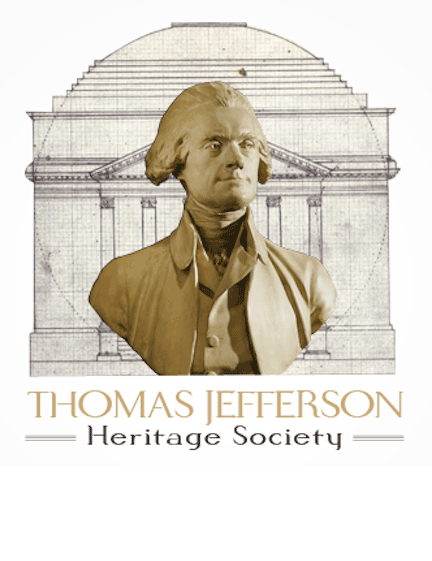George Mason IV was born December 11, 1725, on Dogue's Neck, Virginia the son of George Mason III and Ann Thomson Mason. Mason’s father died when he was10 years old and he cameunder the tutelage of his uncle who influenced him in his studies of history and government. His mother managed the estate until he became of age.
Kościuszko: Soldier of Liberty
adeusz Andrzej Bonawentura Kościuszko, now little mentioned in American history books, was a hero of the Revolutionary war and of the Polish resistance to Russia. Born in 1746, he was first educated in Poland, and then went to France for military and engineering training.
He began his military education in Warsaw, and then went to Paris to study military and civil architecture. After he returned to Warsaw, he fell in love with the daughter of a general, who objected greatly with a Kościuszko‘s attempts to elope with her. To avoid further confrontation with the father, Kościuszko fled to Paris and then America arriving in 1774.
The Parliamentary Manual
After Jefferson became vice-president and presiding officer of the Senate, he was concerned there were no written procedural rules to which every member could easily refer. With the initiative that defined him in so many endeavors, he began the composition of a manual of parliamentary procedure.
By this time, Jefferson was a legislative veteran. He had served in the Virginia House of Burgesses, on a committee in the Continental Congress to draw up rules of procedure, and in the Virginia House of Delegates, before he reached the vice presidency.
Northwest Ordinance
The Treaty of Paris in 1783 settled the claims of the Revolutionary War. It provided that “the said United States.” i.e., New Hampshire, Massachusetts Bay, Rhode Island and Providence Plantations, Connecticut, New York, New Jersey, Pennsylvania, Maryland, Virginia, North Carolina, South Carolina and Georgia, were “free sovereign and independent states.” In addition to the territory of the states, Article 2 further described the additional land west of the Appalachians to the Mississippi River as the territory of the United States. This area was known as the Old Northwest.
The Batture on the Mississippi River
Lawyers, no less than others, do not want to be sued. Thomas Jefferson was greatly upset when this occurred to him and tested his legal expertise. What became a stressful ordeal for him resulted from the claim by an Edward Livingston that he owned a batture, a stretch of beach along the Mississippi River. Jefferson, as president, on recommendation of the Attorney General, had ordered Livingston removed from the property. He retaliated by filing suit against Jefferson in the circuit court in Richmond. It added to Jefferson’s concern that John Marshall, in addition to his duties on the Supreme Court, was sitting in Richmond as the Circuit Court judge.


